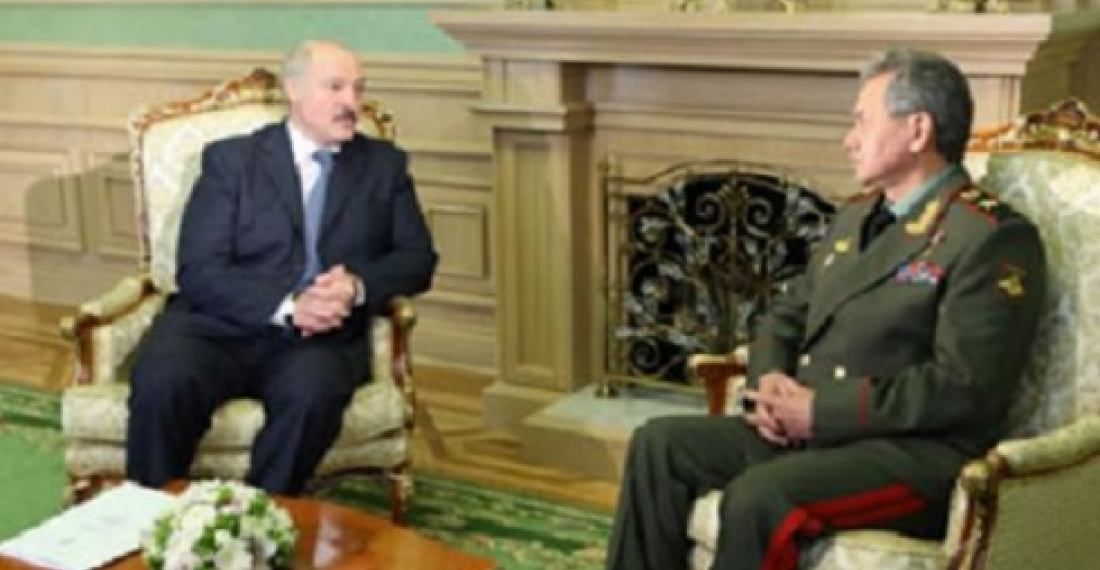The Russian military plans to deploy fighter jets in Belarus this year and eventually establish an air base in the former Soviet republic, Defense Minister Sergei Shoigu said.
Reporting the story, this morning's issue of Moscow Times said that "the moves would increase Russia's military presence in Belarus, viewed by Moscow as a buffer between Russia and NATO, and could unnerve neighboring members of the Western alliance. Russia agreed in 2009 to set up a joint air defense system with Belarus, and talks were held before then on establishing an air base there, but few concrete steps have been taken."
However it now seems that the plans are going ahead. "We have begun considering the plan to create a Russian air base with fighter jets here," Shoigu said Tuesday at a meeting with Belarussian President Alexander Lukashenko in the capital, Minsk.
"We hope that in 2015 there will be a regiment of warplanes [in Belarus] that will serve to defend our borders," Shoigu said in a portion of the meeting shown on Russian state television.
Apart from the military implications of the new deployment the move also has several consequences. In a comment commonspace.eu political editor said "President Lukashenko has over the years had a complicated relationship with the Kremlin. He has presented himself as the most loyal of allies and a keen supporter of a Eurasian Union to cement relations between post Soviet countries and Russia. However Belarus' hand of friendship comes with a price. Belarus expects Russia to support its economy and to give it preferential treatment, particularly in the purchase of energy resources. There is no doubt that a Russian military base in Belarus will come with an expensive price-tag. The base will also strengthen Lukashenko's hand in negotiations with the Kremlin on other issues. For the moment however Russia is willing to pay the price, although the reason may be more to spite the west, than because of urgent military expediency."
source: commonspace.eu with Moscow Times.







